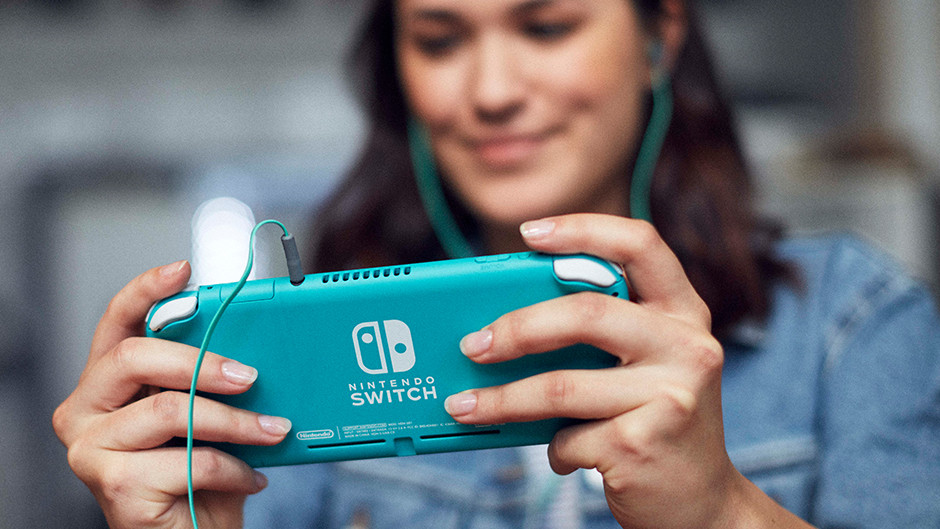The announcement of the Nintendo Switch Lite has been the biggest news of the morning. The handheld version of the Switch is the most recent entry in the Nintendo family and brings to the table some interesting features while offering a cheaper price tag than the Nintendo Switch. So, which one is more worth the money?
For potential Switch buyers, the question of whether…











